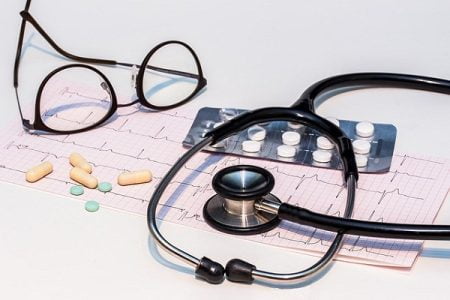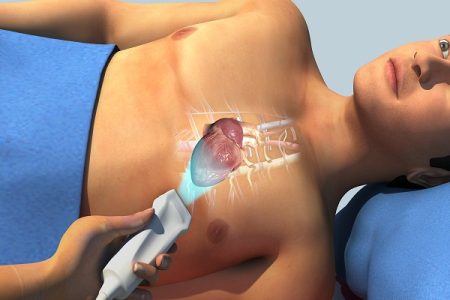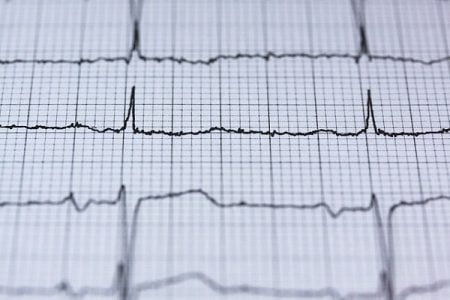Browsing: Arrhythmia
Comprehensive Information, Resources, and Support on Arrhythmia
The Unseen Danger: How Sudden Cardiac Arrest Affects Healthy Individuals
When we think of heart issues, we often picture conditions like heart attacks, which typically come with warning signs such…
Heart arrhythmia (an irregular heartbeat) is a common condition that can range in severity from harmless to life-threatening. For those…
Human Heart: Anatomy, Function, Chambers, Location, Facts
The heart is a muscular organ that works as your body’s circulatory pump. It takes in deoxygenated blood through the veins and delivers it to the lungs for oxygenation and then pumps this oxygenated blood into the arteries. In coronary heart disease, the heart does not function properly. Learn more about your heart.
An arrhythmia can be silent and cause no symptoms. Your doctor can however detect it during a routine exam by reading your pulse or through an electrocardiogram (ECG). When symptoms of an arrhythmia occur, these may include palpitations, dizziness, fainting, shortness of breath, and chest pain.
Many factors can lead to, or cause, an arrhythmia (irregular heart rhythms), including smoking, alcohol abuse, stress, certain medications such as beta blockers, sleep apnea, diabetes, high blood pressure (hypertension), blocked arteries, underactive thyroid gland, overactive thyroid gland, etc. Sometimes, the cause of arrhythmia is not clear and remains unknown.
If your doctor suspects arrhythmias, your doctor will use a variety of tools to diagnose arrhythmias. The most effective way to diagnose an arrhythmia is through electrocardiogram (ECG). It records your heart rhythm. If the ECG doesn’t show any problem, your doctor will recommend other tests such as stress testing, angiography etc.
Treatment for Arrhythmia (When Your Heart Rhythm Isn’t Normal)
Treatment of arrhythmia depends on the cause and severity of the condition. Mostly, no treatment is needed. Your doctor may recommend medicines or medical procedures if required. Sometimes, surgery may be needed if coronary artery disease is the cause of your arrhythmia. Your doctor may ask to make certain lifestyle changes.
An arrhythmia is a problem with the rate or rhythm of your heartbeat. It means that your heart beats too quickly, too slowly, or with an irregular pattern. When your heart beats too fast, it is called tachycardia. When the heart beats too slowly, it is called bradycardia.
There are many different types of cardiac arrhythmias. Premature beats are the most common type of all arrhythmia types. They are generally harmless time and often don’t show any symptoms. Supraventricular arrhythmias also called tachycardias are fast heart rates that start in the atria or atrioventricular (AV) node.












